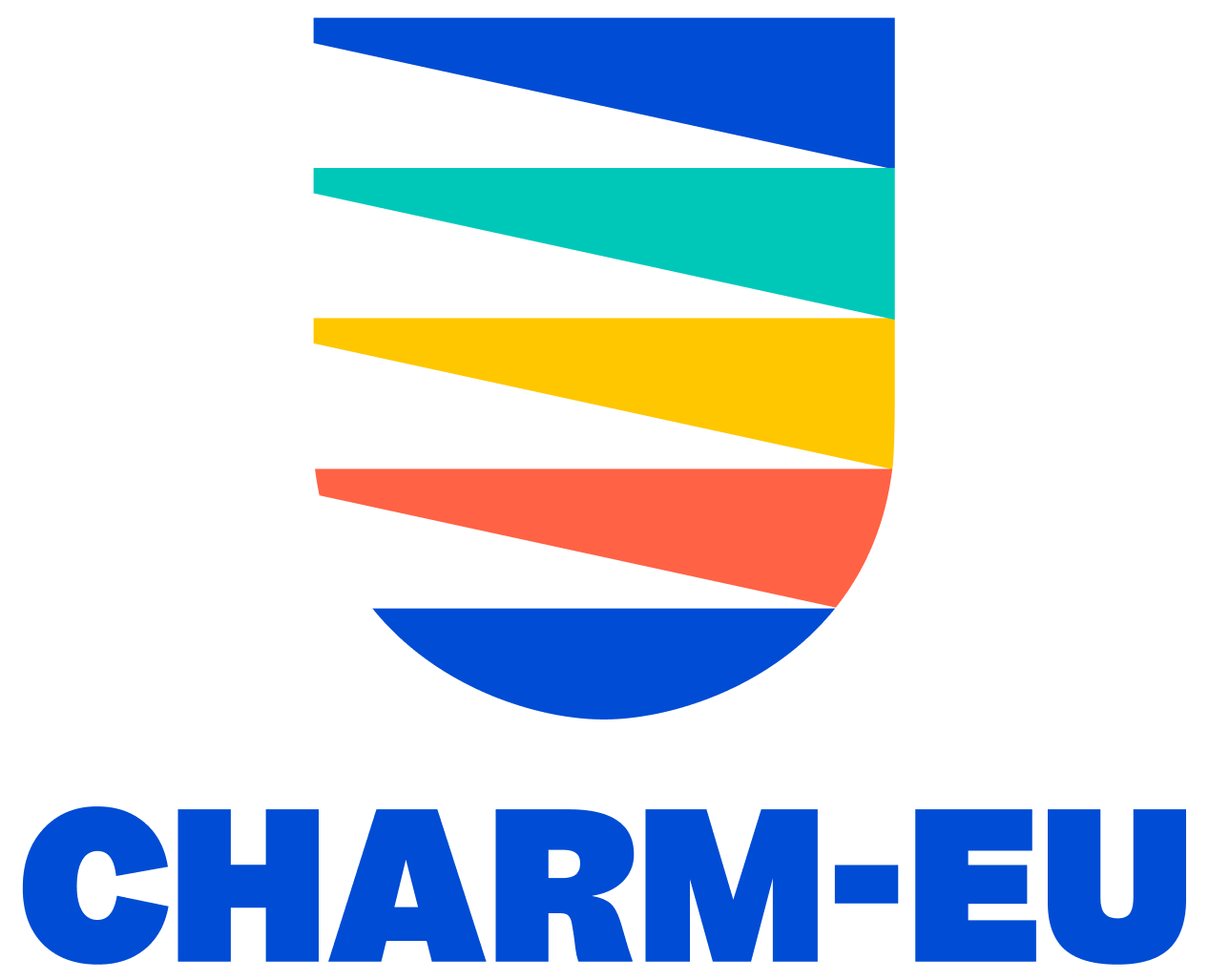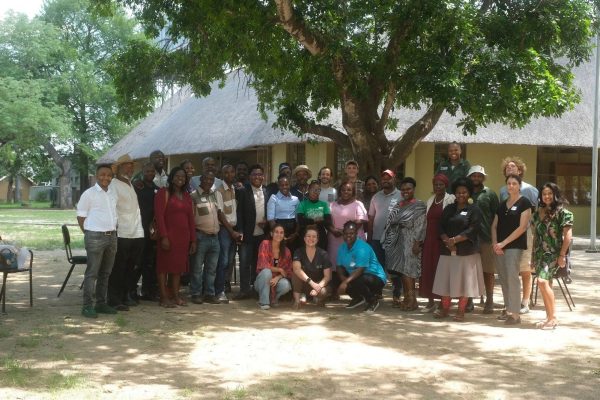A new article, “Community-Engaged Learning in a European Universities Alliance: Reflections on Equality and Reciprocity Across Europe and Africa,” has been published in the Journal of Higher Education Outreach and Engagement. Written by authors involved in CHARM-EU’s Master’s in Global Challenges for Sustainability, in collaboration with the University of Pretoria , the experts examine how international community-engaged learning (ICEL) can balance equality and reciprocity when universities in Europe and Africa collaborate on joint projects.
Drawing on the experience of the Capstone module, where student teams work with societal stakeholders on sustainability challenges, the authors argue that true equality between institutions may be difficult to achieve. However, reciprocity can still be fostered by ensuring that incentives, resources, and responsibilities are fairly distributed. The paper identifies four key areas that require particular attention: power sharing, partnership design, bureaucratic processes, and funding structures.
Authors show how partnerships can grow from a single CEL exercise into longer-term partnerships, with patchworks of differentiated benefits for different partners, which can gradually lead to institutional transformations. European Universities alliances such as CHARM-EU provide innovative infrastructures to foster CEL that leads to sustained partnerships, including with Global South partners. To further this, however, authors suggest that the EU needs to restructure its funding criteria to foster longer term and reciprocal partnerships across Europe and the Global South.
Authors also present practical experiences, such as the collaboration with the University of Pretoria on human–wildlife–livestock interactions near Kruger National Park. This project illustrated both the opportunities of transnational partnerships and the obstacles that can arise, including uneven availability of resources and implicit hierarchies in knowledge and decision-making.
The authors conclude with recommendations to strengthen equity and reciprocity in such initiatives. These include embedding structured reflections to raise awareness of positionality and assumptions, clarifying governance and decision-making processes, and creating flexible models of resource allocation. They also emphasize the value of alternative reciprocal practices, such as co-authorship and joint funding applications, to ensure meaningful collaboration beyond formal equality.
By addressing these challenges, CHARM-EU and other European university alliances have the potential to pioneer innovative approaches to international community engagement in higher education.
What are CHARM-EU Capstone Projects?
The Global Challenges for Sustainability Master’s, Europe’s first joint degree under the European University Initiative, uses Challenge-Based learning with transdisplinary tracks and real-world Capstone projects.
CHARM-EU’s capstone phase offers a glimpse into the future of higher education. By combining collaboration, innovative education, internationalization, and transdisciplinary thinking, this approach not only sets the stage for educating the next generation of sustainability leaders, but can also help solve societal challenges.

